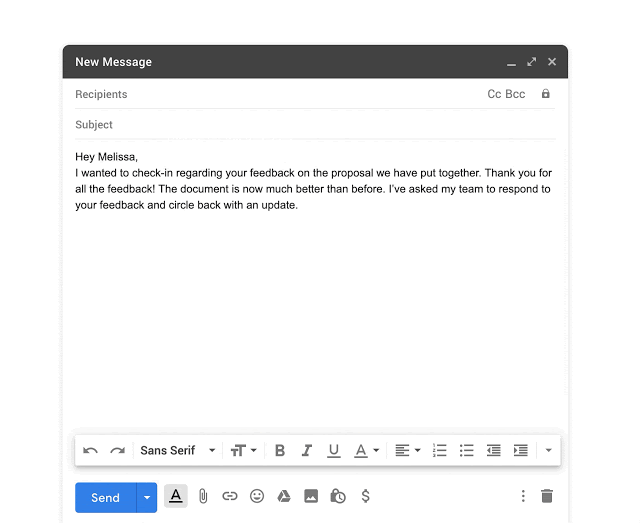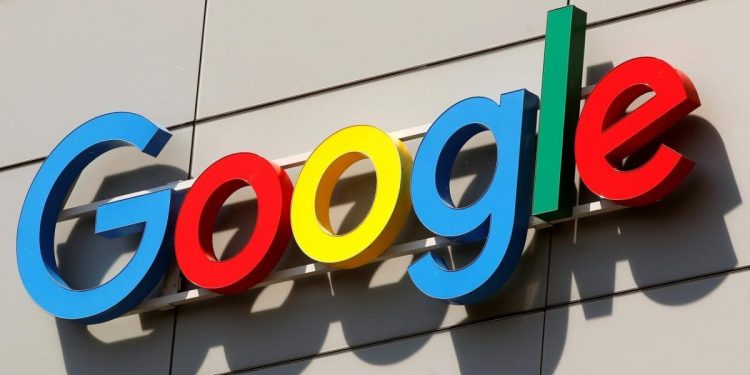testsetset
Ever been stumped by spelling or sentence syntax while pecking out an email to colleagues? Fortunately for G Suite users, Google will soon introduce improved spelling and grammar correction tools in Gmail that offer corrections as you type.
Starting August 20 for rapid release domains and September 12 for scheduled release domains across all G Suite editions, Google will begin applying AI to make real-time spell-check suggestions while detecting potential grammar issues. For some common spelling mistakes, it’ll also add “as-you-type” autocorrection for improved accuracy.
The inline grammar suggestions are a carryover from Google Docs, which gained them back in February 2019. Squiggly blue lines appear under erroneous phrases as you write them, and right-clicking on them accepts or dismisses the corrections. The Mountain View company says its engine can handle basic cases like “affect” versus “effect” and “there” versus “their,” in addition to more complicated rules like how to use prepositions correctly or to pick the right verb tense.

June 5th: The AI Audit in NYC
Join us next week in NYC to engage with top executive leaders, delving into strategies for auditing AI models to ensure fairness, optimal performance, and ethical compliance across diverse organizations. Secure your attendance for this exclusive invite-only event.
“If you’re working against deadlines to write a lot of emails daily, correct spelling and grammar probably isn’t top of mind. These capabilities can also help you write and edit with more confidence if you’re a non-native speaker,” wrote Google in a blog post. “With our AI-first approach, you can communicate smarter and faster, without sweating the small stuff.”
Google took the wraps off of grammar suggestions in July 2018 during its Cloud Next conference, where it launched in preview through G Suite’s Early Adopter Program. Google said it worked closely with linguists to build an AI model that “incorporate[s] the complexity and nuance” of grammar correction, which the company noted at the time are more complicated than spelling mistakes because they can’t be addressed with dictionaries.

Grammar suggestions built on Smart Reply, a machine learning-powered feature that uses AI to generate brief, contextually relevant responses to incoming messages. (It came to Hangouts Chat, Google’s Slack-like enterprise chat platform, last year.) Another of the tech giant’s AI-driven language tools — Smart Compose, which autocompletes sentences in emails by drawing on historical typing patterns and other data — became broadly available to Gmail users last year.


